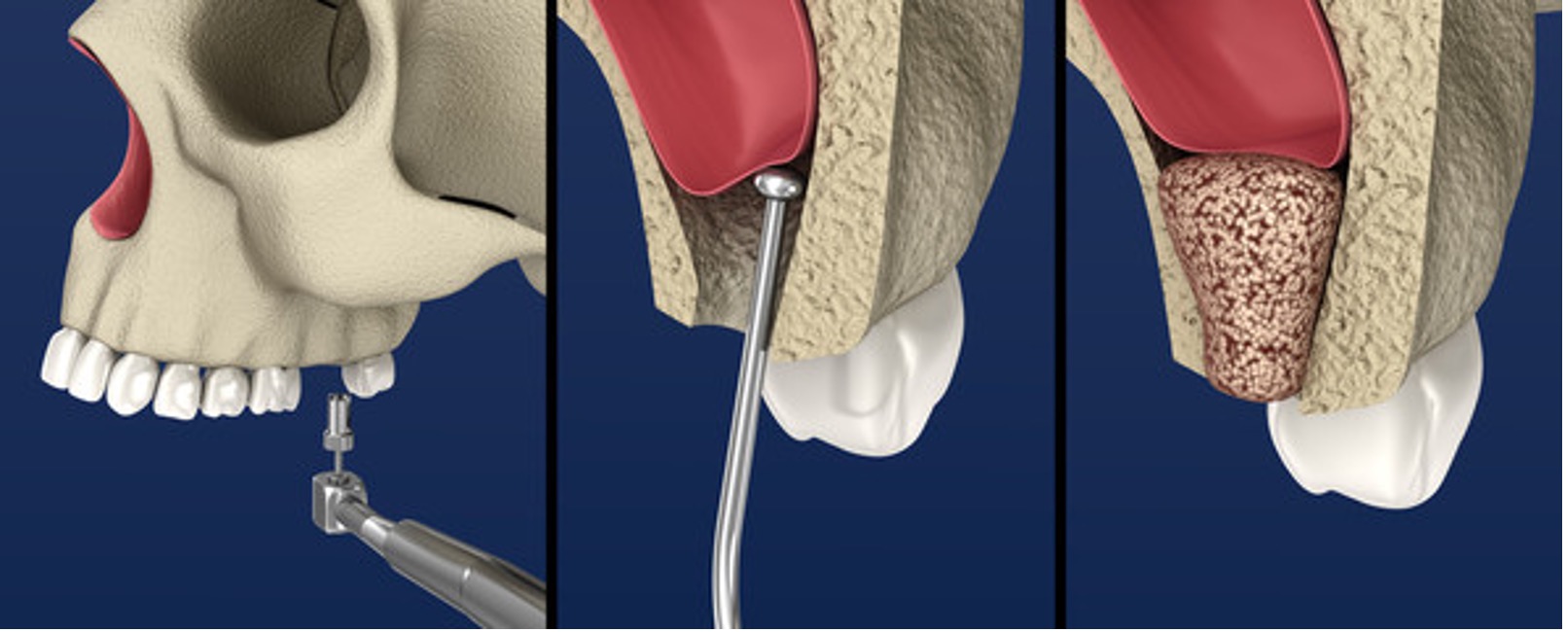Tooth Pressure: Causes And Solutions Explained
The sensation of tooth pressure can be a source of discomfort and anxiety for many individuals. It is a common symptom that can arise from various causes, ranging from mild to severe dental issues. Understanding the underlying reasons for tooth pressure is crucial in addressing the problem effectively. In this article, we will delve into the causes of tooth pressure, explore the potential solutions, and provide valuable insights into maintaining good oral health.
Causes of Tooth Pressure
Tooth pressure can be attributed to several factors, including dental problems, lifestyle choices, and overall health conditions. Some of the primary causes include:
- Tooth Decay and Cavities: One of the most common causes of tooth pressure is tooth decay. When bacteria in the mouth break down food particles, they produce acid that can damage tooth enamel, leading to cavities. If left untreated, cavities can cause significant tooth pressure and pain.
- Gum Disease: Gum disease, also known as periodontal disease, is another common cause of tooth pressure. It occurs when bacteria accumulate on the teeth and gums, leading to inflammation and infection. If left untreated, gum disease can cause the gums to pull away from the teeth, exposing the roots and leading to sensitivity and pressure.
- Tooth Grinding and Clenching: Tooth grinding and clenching, also known as bruxism, can cause significant tooth pressure. This habit can lead to worn-down teeth, cracked teeth, and strained jaw muscles, resulting in pain and discomfort.
- Tooth Erosion: Tooth erosion occurs when the enamel on the teeth is worn away, exposing the underlying dentin. This can cause sensitivity and pressure, especially when consuming hot or cold foods and drinks.
- Sinus Pressure: Sinus pressure can also cause tooth pressure, particularly in the upper teeth. When the sinuses become inflamed or infected, it can put pressure on the teeth, leading to discomfort and pain.
Solutions to Tooth Pressure
Fortunately, there are several solutions to alleviate tooth pressure, ranging from simple home remedies to professional dental treatments. Some of the potential solutions include:
- Good Oral Hygiene: Maintaining good oral hygiene is essential in preventing tooth decay, gum disease, and other dental problems that can cause tooth pressure. Brushing teeth at least twice a day, flossing daily, and visiting the dentist regularly can help prevent these issues.
- Tooth Fillings and Crowns: If tooth decay or cavities are causing tooth pressure, a dentist may recommend a filling or crown to repair the damaged tooth.
- Gum Disease Treatment: If gum disease is causing tooth pressure, a dentist may recommend a deep cleaning or scaling to remove plaque and bacteria from the teeth and gums.
- Mouthguards and Night Guards: For individuals who grind or clench their teeth, a mouthguard or night guard can help alleviate tooth pressure by preventing further damage to the teeth.
- Desensitizing Toothpaste: For individuals with tooth sensitivity, desensitizing toothpaste can help alleviate tooth pressure by blocking the dentinal tubules and reducing sensitivity.
Expert Insights
We spoke with Dr. Jane Smith, a renowned dentist, to gain a deeper understanding of tooth pressure and its causes. According to Dr. Smith, “Tooth pressure can be a symptom of a larger issue, such as tooth decay or gum disease. It’s essential to address the underlying cause of the problem to prevent further damage and alleviate discomfort.”
Dr. Smith also emphasizes the importance of good oral hygiene in preventing tooth pressure. “Brushing and flossing regularly can help prevent tooth decay and gum disease, which are two of the most common causes of tooth pressure. Additionally, visiting the dentist regularly can help catch any potential issues before they become major problems.”
Conclusion
Tooth pressure can be a source of discomfort and anxiety, but it is often a symptom of a larger issue that can be addressed with proper care and attention. By understanding the causes of tooth pressure and taking steps to prevent and treat dental problems, individuals can alleviate discomfort and maintain good oral health. Remember to practice good oral hygiene, visit the dentist regularly, and address any underlying issues to keep your teeth and mouth healthy.
FAQ Section
What are the most common causes of tooth pressure?
+The most common causes of tooth pressure include tooth decay, gum disease, tooth grinding and clenching, tooth erosion, and sinus pressure.
How can I prevent tooth pressure?
+To prevent tooth pressure, practice good oral hygiene by brushing and flossing regularly, visit the dentist regularly, and address any underlying dental issues promptly.
What are the treatment options for tooth pressure?
+Treatment options for tooth pressure include tooth fillings, crowns, gum disease treatment, mouthguards, and desensitizing toothpaste. The best course of treatment will depend on the underlying cause of the tooth pressure.
By understanding the causes and solutions to tooth pressure, individuals can take proactive steps to maintain good oral health and alleviate discomfort. Remember to visit the dentist regularly and address any potential issues promptly to keep your teeth and mouth healthy.


